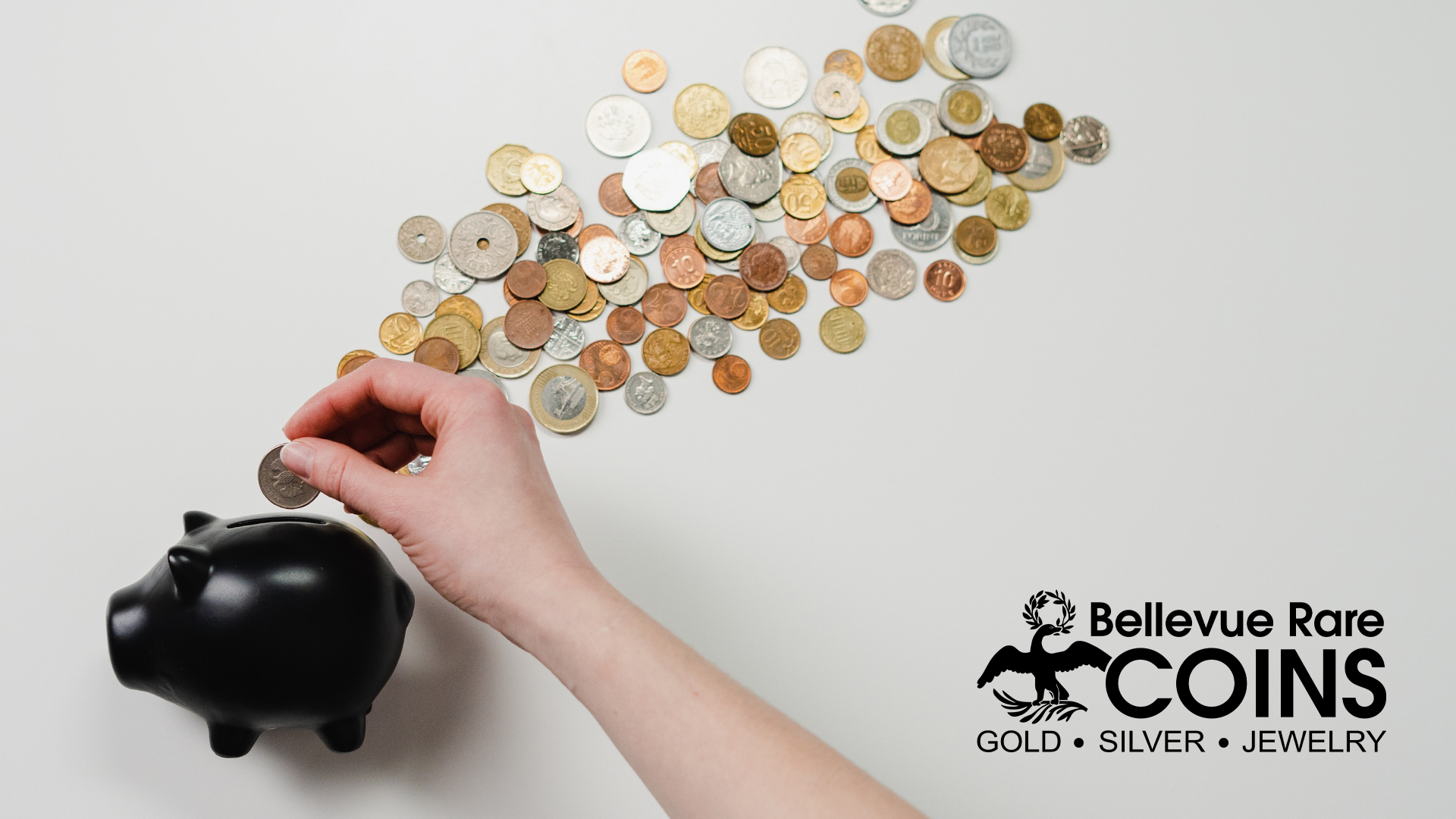Bellevue 425-454-1283 · Lynnwood 425-672-2646 · Issaquah 425-392-0450 · Tacoma 253-328-4014

Saving for retirement is a vital part of preparing for your future. Whether you plan to travel the world or just kick back and relax, you will need money to fund your retirement – and in most cases, social security just won’t cut it.
Most experts recommend investing in a mix of equities (stocks), bonds, and perhaps some real estate. But what about precious metals? Are precious metals a good investment for retirement savings?
Disclaimer: This page is intended for informational purposes only. It should not be considered as financial or investment advice. You should speak to a certified financial professional to determine the best investment mix for your specific situation.
First off, let’s define what we are discussing.
With that out of the way, let’s discuss how these two mix. Is it wise to invest in precious metals to help fund your retirement?
Precious metals are an easy way to diversify your retirement savings, which can potentially reduce risk and maybe even increase returns.
You’ve surely heard the advice to “not put all your eggs in one basket”. As cliché as it is, the advice is certainly valid when it comes to retirement savings. You should not invest 100% of your money in a single stock, or real estate in a single area, or even in any given asset class. And to be clear, you should not invest all your retirement savings in precious metals. In fact, you probably should keep precious metals under 10% of your total retirement savings.
In most cases, your retirement portfolios should be made up of:
Gold and other assets are often considered “safe haven” assets, meaning that investors tend to flock to them when things get rough. This can sometimes mean that when the stock market crashes, gold can rise (although this is far from guaranteed).
This can provide two benefits. For one, it means that gold may do very well in times of great uncertainty, such as during a war or natural disaster. And it also means that gold in a balanced portfolio can help reduce the severity of market volatility along the way.
Finally, precious metals are physical assets that you can hold in your hand. While this seems like a minor detail, it can make a huge difference in the case of a true emergency.
Precious metals are independent of the global financial system. This means that in a worse-case-scenario, such as a currency collapse or global bank run, gold would still maintain its value.
We’ve gone over the “why”, now let’s discuss the “how”.
There are a few broad ways to invest in gold for your retirement:
Want to learn more? Read through our precious metal investing guide.
Ready to start investing? Contact us today, or stop by one of our five locations in West Seattle, Bellevue, Lynnwood, Tacoma and Issaquah.